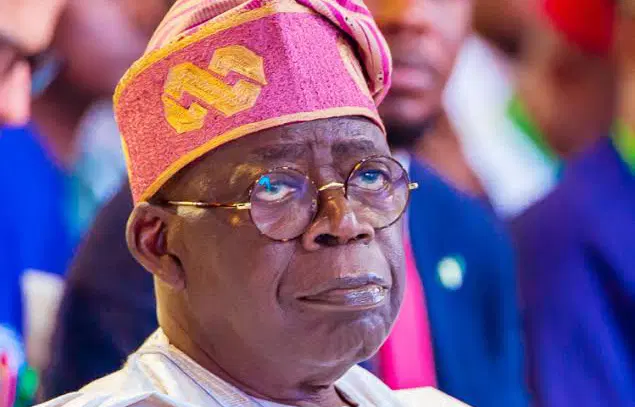In approximately ten days, Nigeria will commemorate its 64th Independence anniversary, with President Bola Tinubu expected to address the nation. Known for often recycling his past speeches, this time there is an anticipation for a message that can genuinely instill “renewed hope” among Nigerians.
As Tinubu approaches the completion of the first 16 months of his four-year term, this Independence Day presents a vital opportunity to streamline his administration from its current politically-heavy structure to a more efficient and results-oriented one.
Despite inheriting a struggling economy from his predecessor, Muhammadu Buhari, Tinubu formed a 48-member cabinet—the largest in Nigeria’s history—and plans to add another ministry for livestock breeders. This expansion is unnecessary, as effective governance can be achieved through well-structured departments or agencies without the need for additional ministries.
We urge the president to consider reducing the cabinet to 36 ministers and significantly fewer ministries. The time has come to move beyond political appointees who are insulated from the everyday struggles of ordinary Nigerians. A crowded government often leads to disconnection from the populace.
Furthermore, it is crucial to revisit the Oronsaye Report to merge or eliminate redundant government agencies for improved service delivery. Tinubu should demonstrate the same determination he applied to subsidy removal to reshape the Federal Government’s structure for a more effective response.
Additionally, the president should reassess his frequent international travels. Leaders of serious countries, including those Tinubu often visits, typically minimize foreign trips to focus on domestic challenges. These travels seem more like extravagant outings, ill-suited for addressing Nigeria’s pressing security and economic issues.
Nigerians need their president to remain engaged and actively lead from the front, holding officials accountable for tangible results. The time for political jobbers has passed; Nigeria requires experienced technocrats capable of navigating the nation’s complex challenges. The wait until 2027 is too long; action is needed now.
A critical aspect of this restructuring process is the necessity to address the overt regional and ethnic bias within Tinubu’s government. The extreme nepotism observed under Buhari contributed to his administration’s shortcomings, and its persistence in Tinubu’s cabinet has hindered progress across various sectors.

